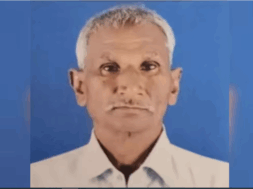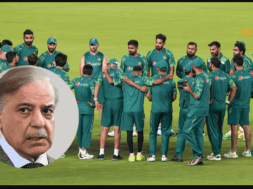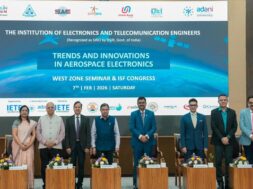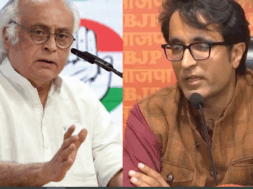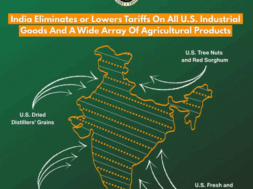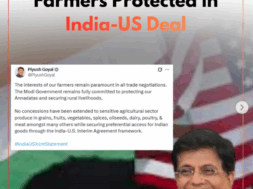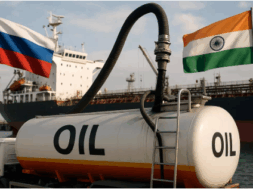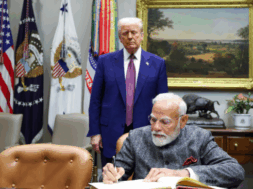
Roving Periscope: PM Modi cautions BRICS-Plus not to turn ‘anti-West’
Virendra Pandit
New Delhi: As the global organization representing emerging economies, the BRICS bloc, heads to its 20th anniversary in 2026, it will have to decide whether it remains an economic bloc, or turns into a political one.
Aware that some of the members of the BRICS group might ‘misuse’ the bloc to turn it ‘anti-West’ and settle political scores, Prime Minister Narendra Modi has cautioned these countries to ensure that the bloc adheres to its founding principles.
The group comprising emerging economies like Brazil, Russia, India, China, and South Africa (BRICS), and the four newly inducted members met for three days this week at the 16th Summit in Kazan, Russia. Altogether 36 countries, including observers and special invitees, attended the event. More countries are seeking its membership, the media reported on Friday.
Some of these countries are also in rival camps. For example, the UAE and Iran are close to the US and Russia, respectively, and Egypt and Ethiopia rival one another on various issues. India is also against granting membership to Pakistan because of its terror record.
Even the 16th Summit host, Russia, and its frenemy China have little love lost with the West, led by the US. India is also a member of the QUAD (Quadrilateral Security Dialogue), which China claims is an “Asian NATO.”
There is, therefore, the possibility of this essentially economic bloc turning into a political one and working against its own founding principles.
It is because of such inherent contradictions and weaknesses that Prime Minister Narendra Modi said—without naming NATO—that BRICS-Plus shouldn’t project itself as an alternative to global organizations, even as founding members like Russia and China try to expand the group to challenge the US-led global order.
“We must be careful to ensure that this organization does not acquire the image of one that is trying to replace global institutions,” PM Modi said at closed plenary session of the BRICS Summit on Wednesday. The group should work to reform institutions like the United Nations Security Council (UNSC) and multilateral lenders (like the World Bank and IMF), the media reported.
These comments underscore his challenge in trying to balance ties with Russia, which India relies on for cheap oil, and the US, which is providing access to cutting-edge technology to ramp up manufacturing and add jobs in the South Asian nation which is projected to become the world’s third-largest economy in the next few years.
China and India, founding members of the BRICS block, just came on a path to normalizing relations after a four-year border standoff, with PM Modi and Chinese President Xi Jinping holding their first bilateral talks in two years on Wednesday.
With the induction of four new members—the United Arab Emirates, Iran, Egypt, and Ethiopia—the BRICS bloc now has nine members. Russian President Vladimir Putin said on Wednesday that the larger group represents a “multipolar world” that was more representative of the international community.
Aren’t Russia and China trying to pit the BRICS against the US-led West?
PM Modi said that as BRICS evolves, it should set an “example to the world” by uniting in calls to reform global organizations. “We have to give the world the message that BRICS is not a divisive organization but one that works in the interest of humanity,” he added.
As other nations line up to seek membership in BRICS, he signaled a willingness for them to join as “partner countries” rather than full members.
Under Russia’s influence, the Kazan Declaration from the BRICS Summit prominently mentioned its concerns over the unfolding conflict in the Middle East.
The member countries reiterated their “grave concern” over the humanitarian crisis in the occupied Palestinian territory, citing the escalation of violence in the Gaza Strip and the West Bank because of the “Israeli military offensive.”
That’s led to “mass killing and injury of civilians, forced displacement and widespread destruction of civilian infrastructure,” according to the declaration.


